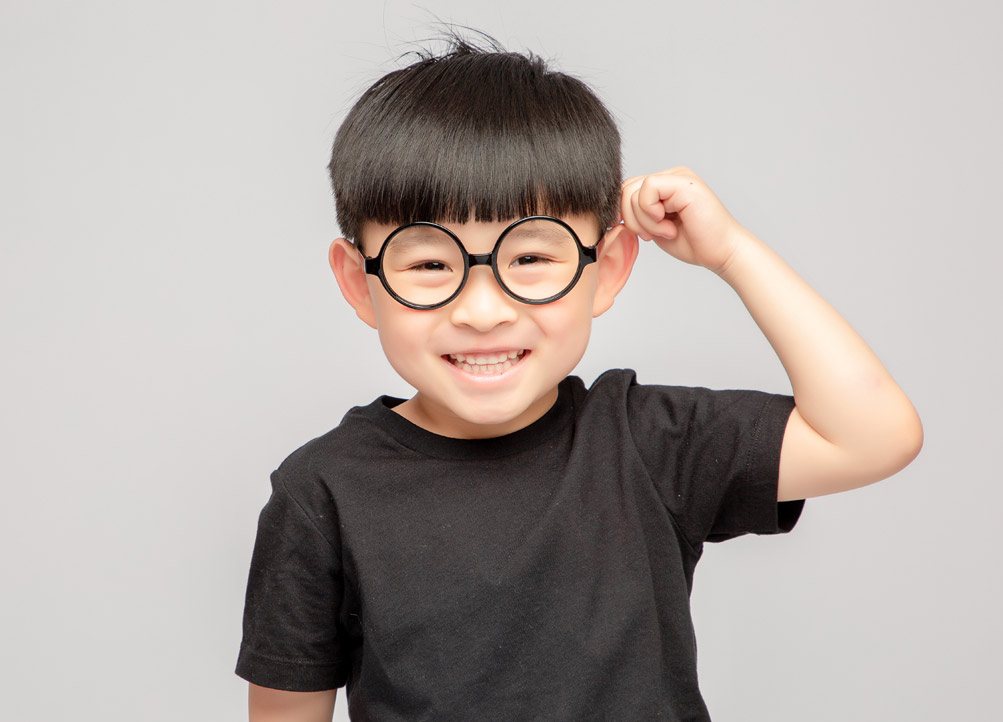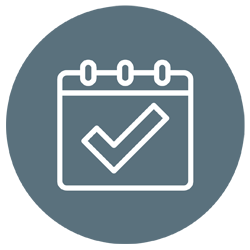Pediatric Eye Exam
in Plymouth

Pediatric Eye Exam in Plymouth
Taking care of your child’s eyesight from a young age is crucial in protecting their vision and preventing issues. At Progressive Family Eye Care, we provide comprehensive pediatric eye exams in Plymouth to ensure your child’s vision is healthy and clear. We understand that many children may feel nervous or anxious about getting their eyes checked, so we take extra care to create a warm and welcoming environment to put them at ease.
When does your child need to visit the eye doctor?
Children should have their first eye exam at around 6 months of age, followed by regular exams at age 3 and again before starting kindergarten (around age 5 or 6). If no issues are found, your child should see an eye doctor every two years. However, if they have an eye condition or wear glasses or contact lenses, they should have annual eye exams.
What to expect during a kid’s eye exam
The tests we perform during a pediatric eye exam will vary based on your child’s age and risk factors. In general, an exam will include:
- A case history
- Vision testing
- Determining whether your child needs glasses or contacts
- Testing eye alignment
- Evaluating your child’s eye health
- Prescribing corrective lenses if necessary
If we identify any vision problems or eye issues during the exam, we’ll discuss treatment options with you and create a personalized plan to address them. We can also help you and your child select the perfect eyeglass lenses and frames from our wide selection of children’s eyewear. Our goal is to ensure that your child’s vision is the best it can be, so they can thrive in school, sports, and all aspects of their daily life.
Why are eye exams important for children?
Children should have regular eye exams since many vision problems and eye diseases can be detected and treated early. Early detection of eye and vision problems is vital since certain conditions are much easier to treat when caught early, while the eyes are still developing. If left untreated, these problems can lead to developmental delays and learning issues and can affect a child’s vision permanently.
Vision is also essential to learning. Eighty percent of all learning is visual, which means even minor vision problems can affect your child’s ability to learn and focus in school. Pediatric eye exams ensure children have the following visual skills necessary for effective reading and writing:
- Excellent vision for near, up-close work and distance.
- Comfortable and correct “eye teaming,” which means the eyes work well together and can focus on the same place in space.
- The ability to adjust focus to see clearly at different distances.
- Accurate eye movement skills, such as the ability to read a line of text.
What are the signs of vision problems in children?
Detecting vision problems in children can be challenging since they may not realize they have an issue and assume that everyone sees the same way they do.
Watch out for signs of vision problems in children, including:
- Frequent blinking, squinting, or irregular eye movements
- Frequently turning or tilting their head
- Covering or closing one eye to see better
- Poor hand-eye coordination or motor skills
- Rubbing their eyes frequently
- Frequent headaches
- Leaning in too close to see something or read
- Learning difficulties and poor handwriting
If you notice any of these behaviors, your child may have a vision or eye health problem. However, it’s important to keep in mind that your child may not show any symptoms and still have an eye issue. That’s why regular comprehensive eye exams are important because they can help catch any potential problems early before they become more serious.
Schedule a pediatric eye exam in Plymouth
We’re here to help ensure your child’s eyes are healthy and seeing clearly. If you have any concerns or questions, don’t hesitate to give us a call or to schedule online. We’ll work together to provide the best possible care for your little one.

